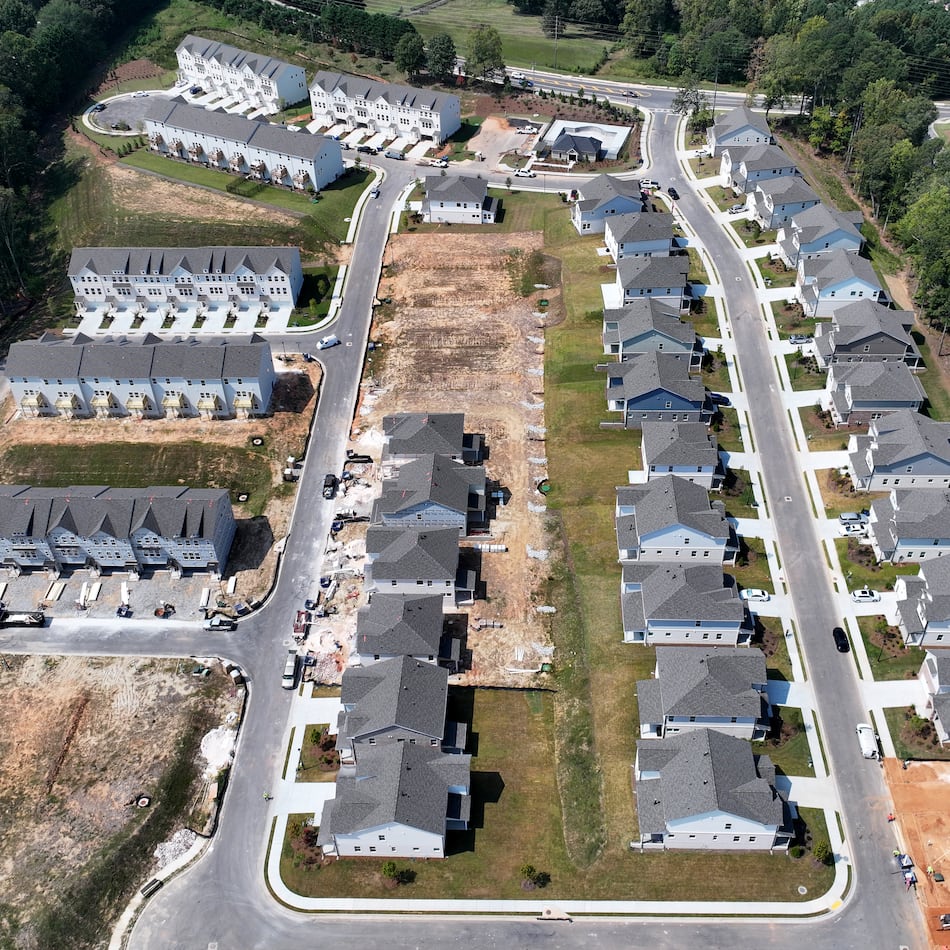This article was originally published on 4/19/2007
Koreans in metro Atlanta are reeling from a rush of emotions —- sympathy, shame, anxiety, disbelief —- in the wake of this week's mass killings at Virginia Tech.
The killer, after all, was one of their own —- an immigrant born in Korea.
"This is such a big shock, " said Young Sup Park, president of the Korean American Association of Atlanta. "I hope the American society would understand how sorry we feel."
Park's reaction was common as members of metro Atlanta's large Korean community learned that Cho Seung-Hui, a senior in the university's English department, is the only suspect in the deadliest shooting rampage in U.S. history, which left 33 dead, including the gunman.
With the news, a sense of culpability gripped some local Koreans.
"Please take the incident personally and talk to your children, " said a statement in Korean sent to local parents Tuesday by the Korean American Association. "If you sense any sign of the problem, please don't hesitate and resolve the issue as best as you can."
That reaction, a mixture of grief and shame, reflects a long cultural tradition, particularly among older Koreans, that emphasizes personal responsibility and group loyalty.
"Korean-Americans are going through a very complicated emotional process simply because of the fact this guy was Korean, " said Han S. Park, a Korean native who teaches international affairs at the University of Georgia. "They have an extraordinary sense of togetherness."
Younger Korean-Americans, particularly those who were born or grew up in the United States, reacted differently to the killings.
"The way I see it, he was one disturbed individual. It just so happens that he was born in South Korea, " said Day Kim, 24, an associate at Boston Consulting Group and co-president of the local chapter of an English-speaking advocacy group, the Korean American Coalition. "It should not reflect on the community. That was his own action."
Many Koreans here learned that the shooter was Korean long before the general public, said Mi Jeong Cho, editor in chief of the Korean language paper, The Atlanta Times.
Korean immigrants have flocked to metro Atlanta for jobs or education, often settling in corridors such as Buford Highway in Doraville or Pleasant Hill Road in Duluth.
South Korea's largest newspaper, Chosun Ilbo, reported that Cho's family was poor when they lived in a Seoul suburb and emigrated to seek a better life.
South Korea has more students studying in the United States than any other country, according to U.S. immigration authorities.
The number of South Korean students reached 93,728 as of the end of last year, 14.9 percent of the total, ahead of India at 76,708 and China at 60,850, according to a February report.
In the wake of the rampage, some Koreans now fear a backlash. In South Korea, the office of President Roh Moo-hyun released a statement offering condolences to the American people and expressing the president's "earnest wish that the enormously saddened Korean-American community, along with all American citizens, would be able to wisely cope with the staggering trauma."
Some limited signs of anti-Korean sentiment already popped up on the Internet. Slurs and stereotypes directed at South Koreans and Asians appeared on online discussion forums and popular social networking sites, such as Facebook.com.
In Atlanta, the Korean American Association sent out warnings to local merchants: close businesses early if you see any signs of trouble. If you're driving vehicles with Korean letters, pay extra attention to safety.
The Atlanta Korean association will hold a fund drive for victims' families on Sunday at a community center in Doraville, and many Korean churches plan to dedicate services to the victims.
That focus, on the victims, is what matters now, many Koreans say.
The Associated Press and the Los Angeles Times contributed to this article.
MORE VICTIMS IDENTIFIED
These are names of people killed at Virginia Tech who were identified Wednesday:
Brian Bluhm, 25, a civil engineering graduate student.
Austin Cloyd, an international studies major from Blacksburg, Va.
Matthew G. Gwaltney, 24, of Chester, Va., a graduate student in civil and environmental engineering.
Rachael Hill, 18, of Glen Allen, Va.
Henry J. Lee, also known as Henh Ly, 20, a student majoring in computer engineering from Roanoke, Va.
Partahi Lombantoruan, 34, of Indonesia, civil engineering doctoral student.
Lauren McCain, 20, of Hampton, Va., international studies major.
Minal Panchal, 26, a first-year building-science student from Mumbai, India.
Erin Peterson, 18, of Chantilly, Va., an international studies major.
Michael Pohle, 23, of Flemington, N.J.
Julia Pryde, age unknown, a graduate student from Middletown, N.J.
Waleed Mohammed Shaalan, of Zagazig, Egypt, a doctoral student in civil engineering.
Leslie Sherman, a sophomore history and international studies student from Springfield, Va.
Maxine Turner, 22, a senior majoring in chemical engineering from Vienna, Va.,
Nicole White, 20, a junior majoring in international studies from Smithfield, Va.
—- Associated Press
About the Author
Keep Reading
The Latest
Featured

